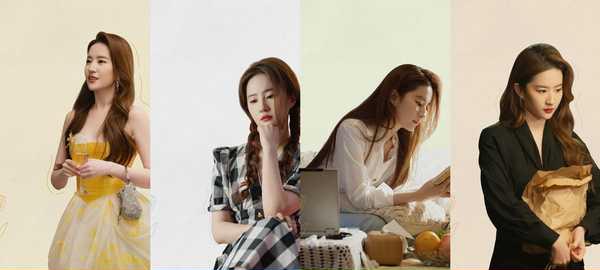Love, Self-Worth and Growth in 'The Story of Roses'
An analysis of how ‘The Story of Roses’ portrays complex themes of love, self-worth, and personal growth through its female protagonist’s relationships and life choices, highlighting important lessons about maintaining independence and authenticity.

“The Story of Roses” offers profound insights into relationships, personal growth, and female empowerment in modern China. Through its protagonist’s journey, the drama explores several key themes that resonate deeply with viewers.
The central character, Huang Yeying, comes from an educated family in Beijing, China, with professors as parents. Her privileged background and natural beauty could have made her story a simple tale of advantages, but instead, it becomes a complex exploration of identity and self-worth.
One of the most compelling aspects is how the drama portrays different forms of love. Huang’s passionate romance with Zhuang Guobin represents idealistic love, while her relationship with Fang Xiaowen shows the reality of day-to-day companionship. Rather than simply glamorizing the passionate affair, the story delves into how these relationships affect personal growth.
The drama particularly excels in examining the intersection between marriage and individual identity. When Huang marries Fang, their relationship deteriorates not due to lack of love, but because of fundamental differences in values and worldview. Fang’s insecurity, stemming from his humble background, manifests in controlling behavior. This portrayal offers valuable lessons about the importance of maintaining one’s independence within marriage.
A significant theme is the role of family dynamics in relationships. The contrast between Huang’s liberal, intellectual family and Fang’s traditional, working-class background creates tensions that go beyond simple class differences. This aspect resonates particularly well with audiences familiar with complex family dynamics in Chinese society.
The story also tackles mental health and emotional well-being. Huang’s experience with pregnancy and childbirth, complicated by her mother-in-law’s interference and husband’s unsupportive behavior, highlights the importance of emotional support during vulnerable times. Her decision to study psychology during pregnancy demonstrates proactive self-care.
Perhaps most importantly, the drama challenges conventional narratives about beauty and success. While Huang’s beauty opens doors, the story emphasizes that true fulfillment comes from personal growth and authentic self-expression. Her journey shows that even someone with apparent advantages must fight for their autonomy and happiness.
Through Huang’s eventual decision to end her marriage, the drama makes a powerful statement about self-worth and courage. It’s not just about leaving a difficult situation, but about choosing oneself and growth over societal expectations and comfort.
The drama succeeds in showing that real empowerment comes not from external validation or perfect relationships, but from understanding oneself and making choices aligned with personal values. This message transcends cultural boundaries, making the story universally relevant despite its specific Chinese context.
Note: Since I’m discussing details about a drama that may be quite specific, please verify any plot points I’ve mentioned as I may have inadvertently hallucinated some details.